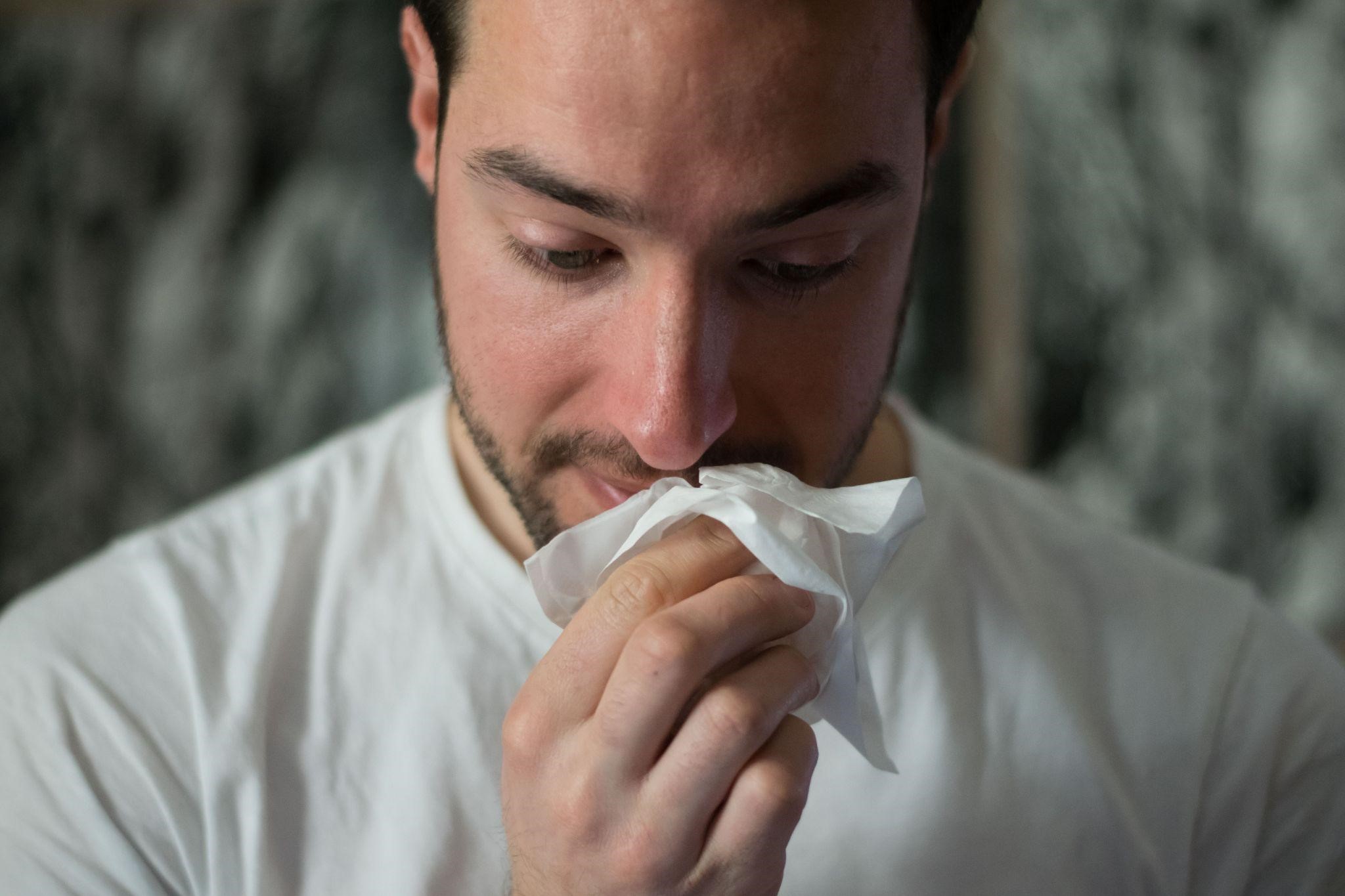To Sneeze or Not to Sneeze After Rhinoplasty
Your nose is more sensitive following a rhinoplasty procedure. Many doctors advise against sneezing for about the first week after the nose surgery. You cannot stop it, but you can take steps to avoid a sneeze from complicating your rhinoplasty.
Is it safe to sneeze after undergoing rhinoplasty? How long is the recovery period? What helps a nose job heal faster? What things should you avoid after getting rhinoplasty?
This article discusses how to care for your nose after a rhinoplasty procedure. It includes tips for your nose to heal faster and things to avoid.
A rhinoplasty procedure is painless as you will be under local or general anesthesia during the surgery. You will also get pain medication afterward to help with discomfort. Learn more about rhinoplasty at MarkSolomonMD.com.
Is It Safe to Sneeze After Rhinoplasty?
Feeling mild to moderate pain or discomfort following a rhinoplasty procedure is normal. You will feel like your nose is congested, but resist the urge to sneeze or blow your nose immediately after a rhinoplasty procedure.
It would be best to avoid sneezing through your nose post rhinoplasty. Any amount of pressure in the nasal passages after your surgery might cause bleeding, bruising, and additional swelling.
Try to control your sneeze as much as possible. You may reduce the constraint or the pressure on your nose by opening your mouth if you feel like a sneeze is coming.
You may have gotten staples or stitches inside your nose and mouth from your rhinoplasty surgery. The stitches will dissolve on their own. If you got staples, your doctor would take them a week post-operation.
You will be provided a nasal drip pad if blood drips out of your nose. Your doctor will remove the nasal drip pad two days after your surgery.
You will also get a plaster splint to keep the new structure of your nose. The splint removal follows a week post-surgery.
You will experience bruising and swelling. There is a possibility that the swelling will worsen first before it starts to heal at around three to four weeks after your nose procedure.
Tips to Speed Up Your Rhinoplasty Recovery
It is essential not to rush your nose recovery, but you can also take steps to prevent complications. Here are tips for your rhinoplasty recovery.
Good blood circulation will help in your speedy recovery. Light walking is an effective way to improve the body’s fluid circulation. You may start by walking around your house for about 20 minutes.
Rest is essential for recovery. Try to loosen up your schedule for three to ten days after your surgery. It may be best to take some time off work for a week to reduce the risks of complications.
Part of your recovery process is the food you eat. Nutrition quality and recovery time have a connection. A lack of zinc may slow your recovery, while food with collective essential nutrients can promote a speedy recovery.
Proper nutrition is essential in recovering from rhinoplasty surgery, and it is also vital that you avoid eating spicy and salty food. Spicy food can irritate your sinuses and worsen the swelling, increasing the recovery time.
Salty food can also worsen swelling by increasing fluid retention. It is crucial to stay away from salty and spicy foods for the first three weeks after the surgery.
Things to Avoid After Rhinoplasty
Like any major surgery, rhinoplasty also has its risks. Knowing what to avoid during your rhinoplasty post-surgery is crucial since your nose will be sensitive during this time.
One of the things to avoid after rhinoplasty surgery is blowing your nose. It is normal to feel a little congested after surgery, but avoid blowing your nose.
Prevent yourself from doing vigorous activities. These activities include going to the gym to lift weights, jogging or running, or fast walking. Movements that require you to exert effort, such as pushing and pulling, may also affect your new surgery.
Exercises should be avoided in the first two weeks, and swimming in the next six weeks after your operation. It would be best to avoid contact sports for about four to six months.
Avoid taking a shower with your face before the cast on your nose is removed. You may clean your face with a wet cloth and shower your body, but your face and nose should be kept dry.
Avoid wearing glasses since they usually rest on the bridge of your nose. The softened tissue and cartilage on your nose may bruise or swell because of the weight of the glasses.
Avoid smoking or drinking alcohol after your rhinoplasty surgery. Nicotine affects the flow of blood and disrupts the healing process. While alcohol may cause uncontrolled bleeding by thinning your blood, it may also interfere with medication.
It is best to consult your doctor if you wish to take anti-inflammatory or pain relief medication.

